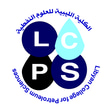Fifth Semester
Set Theory & Statistics
Code :GS221 Unit : 6 Prerequisite : GS216
Introduction to Statistics - The Use of Statistical Methods in Analyzing and Interpreting Experimental Data and in Planning Experiments Programs Probability - Distributions, Parameters, Estimation, Use of Hypotheses, Control Charts, Regression and an Introduction to Analysis of Variance - Introduction to Experimental design.
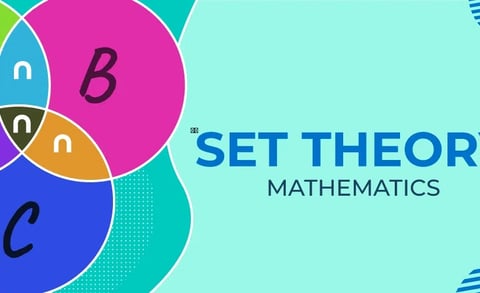

Applied Thermodynamics
Code : GS222 Unit : 9 Prerequisite : GS212
Main Principle and Definitions - Temperature and Zeroth Law of Thermodynamics - Heat and Work - The Definitions of Process and the Path - The State of Working Fluid - Reversible and Irreversible Processes - Reversible Work - First Law of Thermodynamics - Internal Energy - Application of the First Law and No-Flow Process - Working Fluid: Liquid- Vapor, Gas, Steam Tables - Perfect Gas – Specific Heat - Reversible and Irreversible Process - Reversible No-Flow Process on (P - V) Diagram for Steam and Perfect Gas - Second Law of Thermodynamics - Heat Engine -Thermal Efficiency - Entropy - Reversible No-Flow process on (T-S) Diagram - Carnot Cycle - Constant Pressure Cycle.
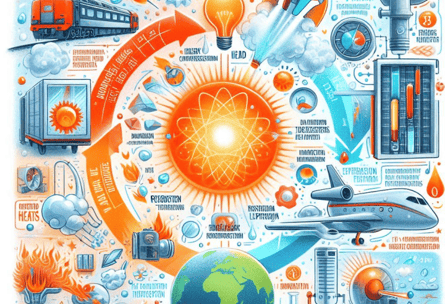

Structural Geology
Code : PE223 Unit : 9 Prerequisite : PE213
Definition of Geological Structures and their Importance - Studying of Primary Geologic Structures and their Significant - Mechanical Properties of Rocks Under Stresses and Factors Controlling their Behavior - Studying of Secondary Structure (Folds - Faults - and Joint and Cleavages) - Classification of Different Type of Folds, Faults and Joints - Appearance of Different Structures on Maps - Studying of Unconformities Surfaces and their Significances - The Earth Movement in the Light of Plate Tectonic Theory - Examples of Major Structures Feature of Libya.
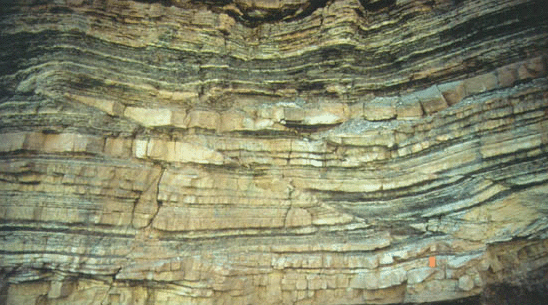

Applied Mechanics
Code : GS214 Unit : 9 Prerequisite : ES121, ES112
Statics: Basic laws and concepts of Mechanics - Force systems - The equilibrium of particles, rigid body and systems of rigid bodies - The internal forces of a straight beam - Strength of Materials: Basic concepts and constitutive equations of linearly elastic materials - Tension and compression of a straight bar - Shear and bending of a straight beam-Torsion and buckling of a bar - Dynamics: Plane kinematics and kinetics of a particle and a rigid body - Theorems of impulse and energy - Harmonic vibrations of single-degree-of-freedom systems.


Introduction To Petroleum Engineering
Code : PE215 Unit : 6 Prerequisite : -----
Origin, Chemical Composition, Migration, and Accumulation of Petroleum Subsurface Pressures and Temperatures - Petroleum Exploration Methods Basic Reservoir Rock Properties: Porosity, Permeability, Saturation, and Capillary Pressure - Properties of Gaseous Petroleum - Oil and Gas Reserves Calculations – Drilling Methods: Cable Tool and Rotary Drilling - Drilling Techniques: Vertical and Directional Drilling, Fishing Operations - Rotary Drilling Fluids - Well Completion Types - Well Logging - Production Methods.
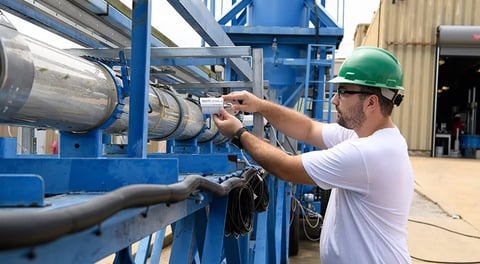

Differential Equations
Code : GS216 Unit : 9 Prerequisite : ES121
Basic concepts - First-order differential equations - Equations of second order and higher order - Exact and inexact differential - Useful theorem of partial differentiation (wave equation, diffusion equation) - Boundary value problems - Series solutions - Some classical equations - System of first order equations - Laplace transform and operational methods - Simple numerical methods - Linear difference equations.
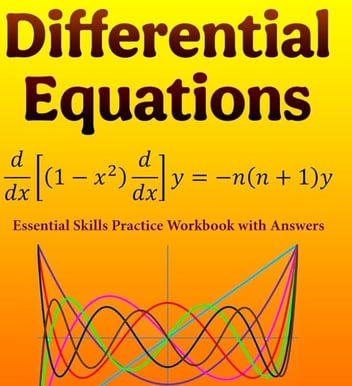

Technical English writing reports
Code : ES217 Unit : 1 Prerequisite : ES125
With this Technical Report Writing training course, you will gain the essential skills of producing technical reports of which you can be proud. Technical reports often present complex information to non-specialists. Their effectiveness depends as much on the quality of the writer’s ideas as on the accuracy of their information. An effective technical report displays complicated information in ways that make it easy to understand, and – above all – relevant to the reader. You will learn how to construct coherent arguments and explanations, and how to present information to support them. We shall look at how to offer complex material to support managerial and strategic decision-making. We shall work on how to make language work for us, and how to make reports look as good as they read. Throughout the course, we shall work directly with participants’ own reports. Working in English as a second or further language will be a reference theme throughout..


